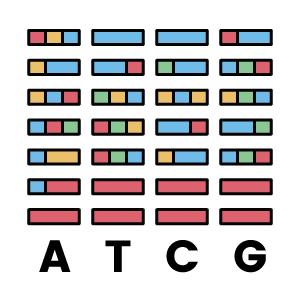The field of biology is generating an unprecedented amount of data, thanks to advances in technology that allow for high-throughput sequencing, imaging, and other forms of data collection. This deluge of data has the potential to revolutionize our understanding of biological systems, but it also poses significant challenges for data analysis and interpretation.
One of the main challenges in analyzing biological data is the complexity of the data itself. Biological systems are highly interconnected and non-linear, which makes it difficult to identify patterns and relationships within the data. Additionally, biological data is often noisy, incomplete, or inconsistent, which can make it difficult to extract meaningful insights.
Another challenge is the need for accurate and reliable analysis. In order to make meaningful conclusions from the data, it is crucial to have accurate and reliable techniques for data analysis. For example, making inferences from high-throughput sequencing data requires sophisticated bioinformatics tools and algorithms to handle the large amount of data and the complexity of the data.
Furthermore, the integration of data from different sources and levels of organization is essential for a holistic understanding of biological systems. For instance, combining gene expression data with protein-protein interactions and metabolic pathways data can give a more complete picture of how the genetic makeup of an organism affects its physiology.
In addition, as more and more data is collected and analyzed, it is important to ensure the reproducibility and reliability of the results. This is particularly important when dealing with complex biological systems, where a small error in the analysis can lead to incorrect conclusions.
In conclusion, the field of biology is generating an unprecedented amount of data, which poses significant challenges for data analysis and interpretation. The complexity of the data, the need for accurate and reliable analysis, the integration of data from different sources and levels of organization, and the importance of reproducibility and reliability are all reasons why we need much more accurate analysis and techniques to handle biological data. As technology continues to advance and more data is collected, the field of bioinformatics and data science will play a crucial role in helping scientists to extract meaningful insights from the data and to advance our understanding of biological systems.

